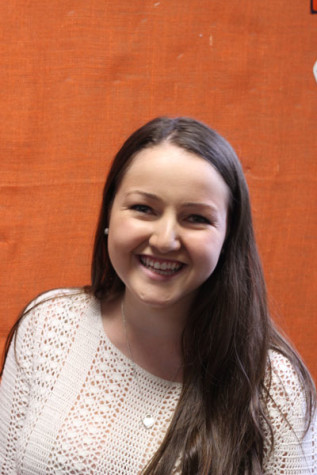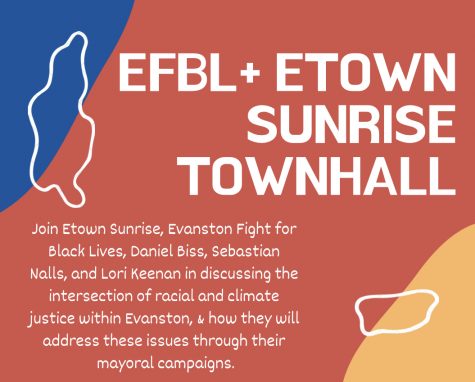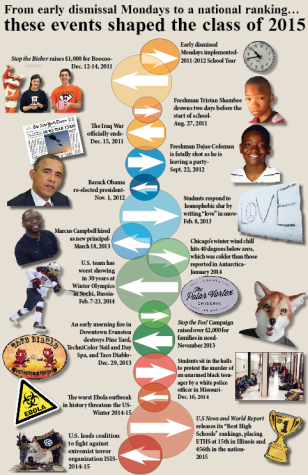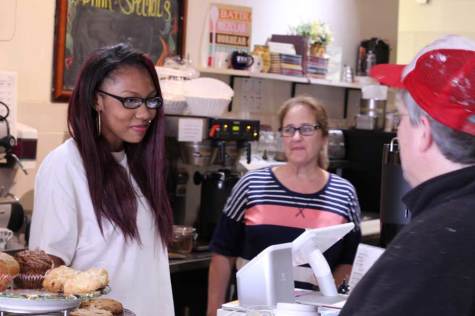College sports advisor guides students after high school
In addition to counselors and coaches, a college bound student athlete advisor has been added to the staff to guide athletes interested in playing a sport in college.
“My goal is to point students in the right direction so they can educate themselves and understand what needs to be done and when,” said new College Bound Student Athlete Advisor, Joyce Anderson.
As the student athlete advisor, she will assist any Athlete who wants to put in effort could potentially play at college level whether being on the team of playing club.
“I’m here to help all student athletes who aspire to play sports in college understand eligibility requirements, deadlines and recruiting,”
Students passionate about a sport can play high school at any level whether it Division I, varsity, or intramural.
“It makes me sad when a top student-athlete drops sports completely upon matriculating to college,” added Anderson.
Along with the ETHS college advisors, Anderson will aid students when recruiters are in town or give advice on how to reach out to schools.
“We aim to help students understand how to communicate with recruiters and what questions to ask when they visit campus,” said Anderson.
Every year the NCAA changes their requirements and eligibility for student athletes, making it harder for students to be eligible to play a sport.
“College planning usually doesn’t start until junior year, but with eligibility, what you do freshmen year matters and as the rules are changing it’s actually making it harder to make things up later as you go along,” said College and Career coordinator Beth Arey
Anderson created a website that can be found on the Athletics drop down menu. She will continue to update the site based on the NCAA changing requirements.
“Many college-bound athletes were missing out on opportunities because they thought they had to be really good to play a sport in college or they didn’t know there were other steps that they needed to take,” added Arey.
Grades are a huge component into student athletes’ access to playing a sport in college.
“It’s imperative that freshman understand the requirements start on day one,” said Anderson.
“While we encourage students to practice and celebrate their strengths on the courts or on the field, we really need to change the culture for people to understand that its not just sports anymore,” said Arey.
An open discussion meeting during lunch will take place at the end of the fall season to talk about academic requirements and the recruiting process.
“We hope to have a panel of college athletes from different levels talk about their experiences. If needed, students can then set up one on one meetings,” added Anderson.
Anderson will begin meeting with students by appointment in the Hub.
Your donation will support the student journalists of the Evanstonian. We are planning a big trip to the Journalism Educators Association conference in Philadelphia in November 2023, and any support will go towards making that trip a reality. Contributions will appear as a charge from SNOSite. Donations are NOT tax-deductible.





